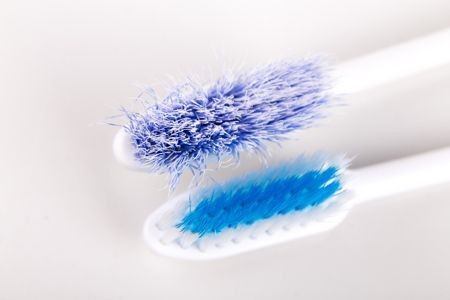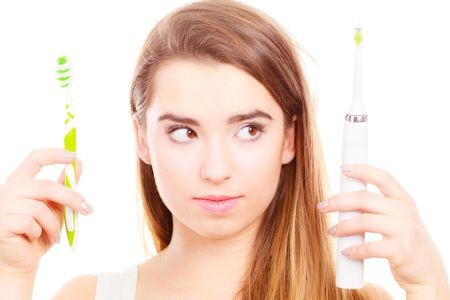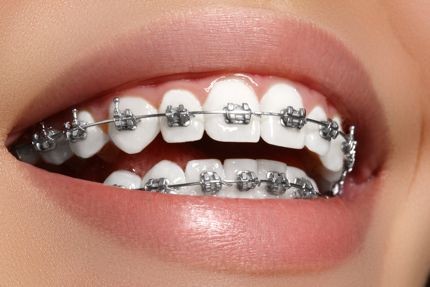Our Blog
Why change toothbrushes so regularly?
Everyone knows that toothbrushes need to be replaced from time to time. Yes, they wear down from regular use, just like any other consumable item. Bristles break down and/or become frayed and are no longer capable of reaching the most remote parts of your mouth and removing unhealthy stuff from your teeth.
Why replace a toothbrush from time to time?
Most health organization and dentists advise people to get a new toothbrush every three to four months. However, this may not apply to everyone. How often should one replace his/her toothbrush? It depends on several factors. First, let’s see why:
1. Bristles turn frayed and lose rigidity over time. It happens due to regular physical impact, which they experience as you brush your teeth.
2. They may become laden with germs and bacteria (mostly, due to improper storage).
3. You or your family member has suffered a cold or any other respiratory, oral, intestinal, etc. infection. This can make the contamination worse.
 There are solutions to each of these problems. As to Point 1, no matter what kind of toothbrush you use, it will wear down one day, and there is no way around it. How soon it will happen, depends on several things. If you press too hard when brushing teeth, the bristles will lose their shape pretty soon. Children tend to brush harder than adults, so their toothbrushes need to be replaced more frequently.
There are solutions to each of these problems. As to Point 1, no matter what kind of toothbrush you use, it will wear down one day, and there is no way around it. How soon it will happen, depends on several things. If you press too hard when brushing teeth, the bristles will lose their shape pretty soon. Children tend to brush harder than adults, so their toothbrushes need to be replaced more frequently.
Point 2 is more about proper storage. Germs and bacteria do accumulate on bristles, but they need moist to survive. Therefore, this is not a problem if you let your toothbrush air-dry after use. Just rinse it thoroughly and place it face up in a plastic container. There is no need to sterilize it every day.
Point 3 is important, because if you or someone in your family has had an infection, your toothbrush may have been contaminated posing threat to you and others. In this case, your toothbrush needs to be replaced even if it is relatively new and the bristles are ok.
All these points apply to electric toothbrushes in just the same way.
How to choose a toothbrush
With the wide variety of toothbrush types available on the market, choosing one can be a challenge. There are a few criteria to rely on when looking for the most convenient and longest-lasting toothbrush. Consulting a qualified dentist won’t hurt!
Shape of the head: look for one with a compact and elongated head, so that you can reach areas behind the molars and the hardest to access part of gumline.
Hardness of bristles: do not purchase a toothbrush with hard bristles, because they may harm the enamel. Most dentists recommend ones with medium bristles.
How to make a toothbrush last longer
You can take some simple steps to prolong the life of your toothbrush.
- Rinse it well after use. Make sure to remove the remains of toothpaste and debris.
- Do not push too hard when brushing your teeth.
- Keep it in an upright position and separately from other toothbrushes. It will help them dry faster.
- If you are in for a trip, get a set of single-use toothbrushes.





